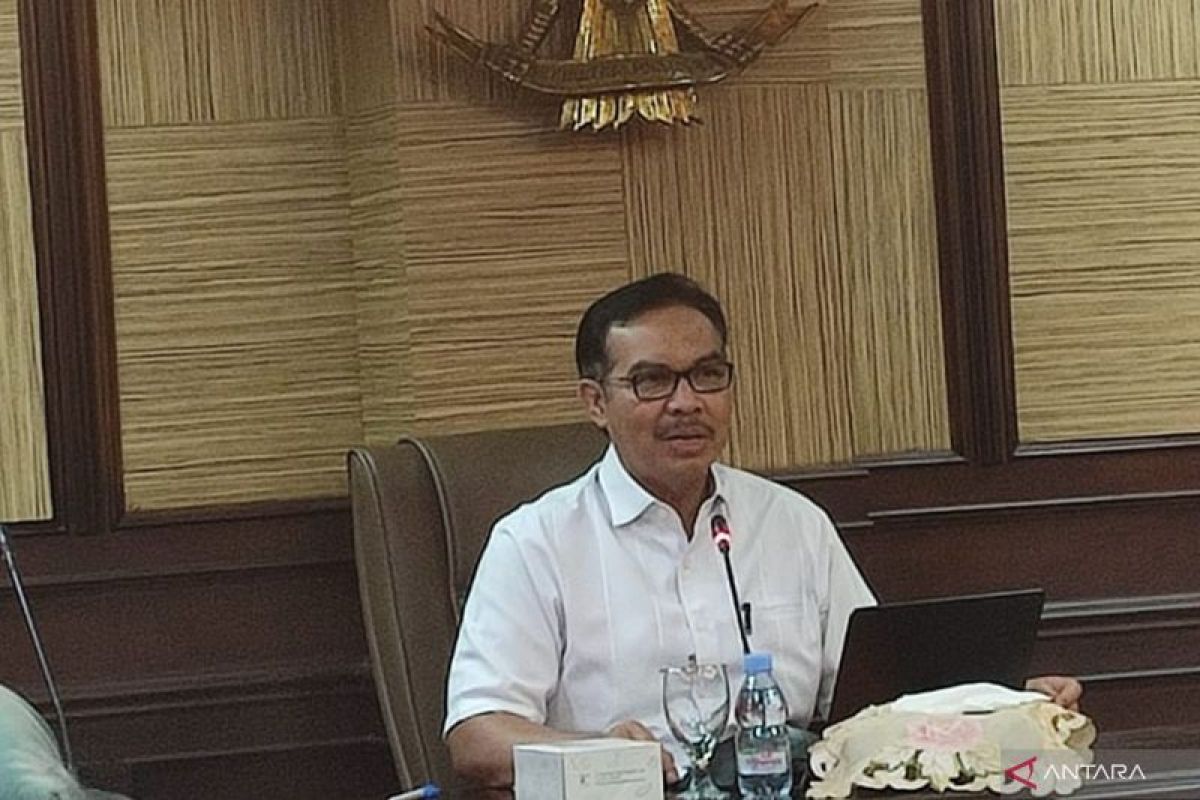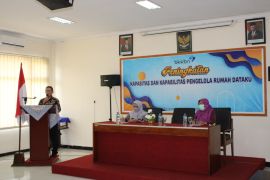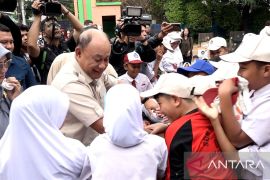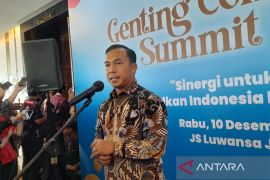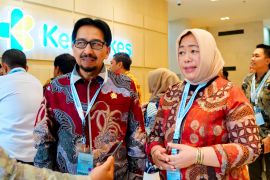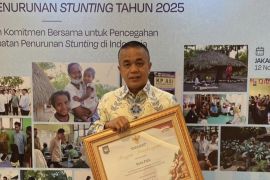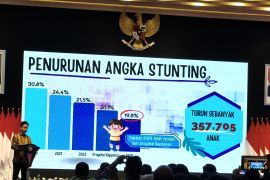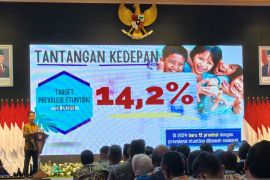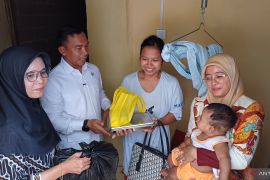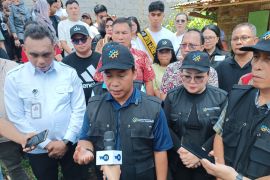"BKKBN has 500 thousand (pieces of) data that have been audited in detail with more than 50 variables; the number of families is more than 62 million. What's left to do is to choose which variable to process, but there are no master's and doctoral academics who are using the data yet," he highlighted here on Monday.
He said that if the data is utilized maximally, the government, researchers, and stakeholders can use it to identify the roots of problems related to health, including the causes of stunting.
"The BKKBN wants to open eyes, that of all the children who are stunted, it turns out that they have different basic problems: some have hormone disorders, some have chronic diseases such as TB (tuberculosis), some have other abnormalities," he added.
According to him, the discussions on stunting among people are still at the stage of determining its symptoms and have not yet advanced to an examination of deeper issues.
He further said that if the problem of stunting can be explored more deeply with proper research based on family data, then it can be explored why Indonesia's human resources are still not of superior quality.
Human resources whose quality is not superior yet still have the same core problems that must be explored one by one, he added.
On data utilization, he gave an example based on data obtained from the Ready for Marriage and Ready for Pregnancy electronic application (Elsimil). In Malang district, out of 1,109 prospective brides and grooms who filled in their data in the application, 17 percent or 187 have gotten married under the age of 20, he said.
Meanwhile, 22 percent, or 242 people, have chronic energy deficiency.
"These are real examples because it is simple and objective data, which serves as a basis in carrying out a treatment approach on the field," he said.
The BKKBN head expressed the hope that going forward, academicians will utilize the data that is available with the BKKBN to carry out research and create innovations and start a health revolution to prepare better human resources.
Related news: BKKBN deploys 101,236 officers for 2023 Family Data Collection
Related news: BKKBN focusing on 2023 family data update in 13,263 villages
Related news: Family openness key in disabled voter data collection: rights body
Translator: Lintang Budiyanti, Raka Adji
Editor: Azis Kurmala
Copyright © ANTARA 2023
